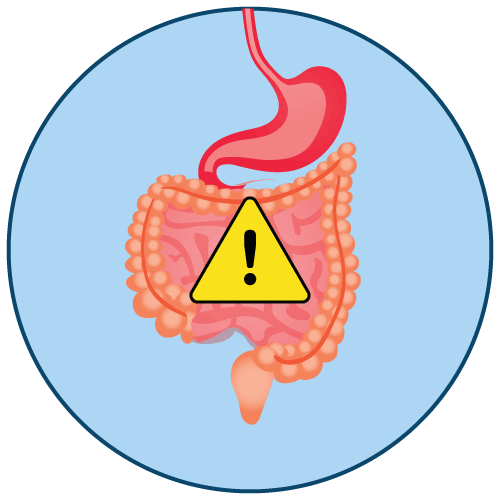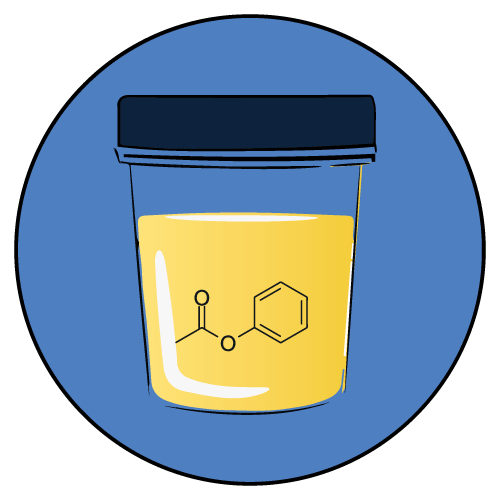| Name | Aspartame |
| Classes |
Nutritional Supplement Dietary Suppleement |
| Diseases |
Aspartame
Aspartame is a non-nutritive sweetener that is chemically synthesized from two amino acids, phenylalanine, and aspartic acid. It is a low-calorie sweetener that provides the sweetness of sugar without the calories.
Aspartame is used as a sugar substitute in a variety of food and beverage products. It is used in the following applications:
- Soft drinks, fruit juices, and other beverages
- Chewing gum and breath mints
- Jams and jellies
- Yogurts and other dairy products
- Baked goods and desserts
- Sugar-free or low-calorie products
The amount of aspartame used in food and beverage products is carefully regulated by food safety authorities to ensure its safety. The acceptable daily intake (ADI) for aspartame is 50 mg/kg of body weight.
Aspartame is generally recognized as safe (GRAS) by the US Food and Drug Administration (FDA) and other food safety authorities. However, some people may experience adverse reactions to aspartame, including:
- Headaches
- Dizziness
- Digestive problems
- Allergic reactions
- Seizures (in people with a genetic disorder called phenylketonuria)
- Aspartame should be used in moderation as part of a balanced diet.
- People with phenylketonuria (PKU) should avoid aspartame, as their bodies are unable to break down phenylalanine, one of the amino acids in aspartame.
- Aspartame is not recommended for use in cooking or baking, as high temperatures can break down the molecule and reduce its sweetness.
- Aspartame may interact with some medications, including monoamine oxidase inhibitors (MAOIs), which are used to treat depression.
Contraindication
Aspartame is contraindicated in patients hypersensitive to any component of the product.
None known.
Aspartame is contraindicated in people with phenylketonuria (PKU), as their bodies are unable to break down phenylalanine, one of the amino acids in aspartame.
 Bangla
Bangla English
English


